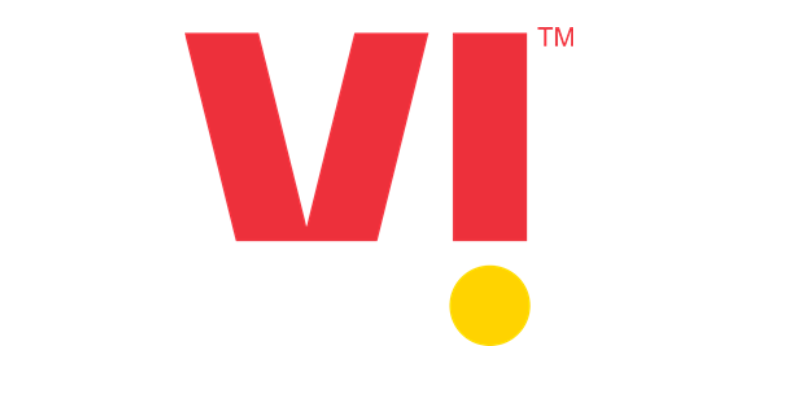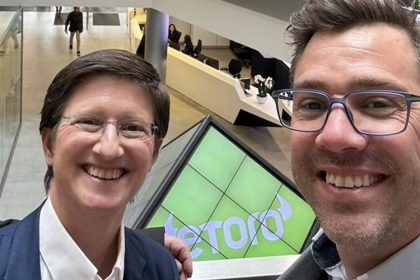Vodafone Idea (Vi) has agreements totalling $3.6 billion with Samsung of South Korea, Ericsson of Sweden, and Nokia of Finland to purchase telecom equipment over a three-year period for the rollout of 5G and 4G networks.
TakeAway Points:
- Vodafone Idea (Vi) has signed agreements totalling $3.6 billion with Samsung of South Korea, Ericsson of Sweden, and Nokia of Finland in order to acquire telecom equipment over the course of three years for the expansion of 4G networks and the implementation of 5G.
- The company that recently raised ₹24,000 crore by selling shares said the deal marked the first step towards the rollout of its “transformative” three-year capex plan of ₹55,000 crore.
According to the report, this significant step is to improve competitiveness in the market against stronger rivals Reliance Jio and Bharti Airtel and stem user losses.
The company that recently raised ₹24,000 crore by selling shares said the deal marked the first step towards the rollout of its “transformative” three-year capex plan of ₹55,000 crore, aimed at expanding the 4G population coverage from 1.03 billion to 1.2 billion, launching 5G in key markets and capacity expansion in line with data growth.
The company didn’t elaborate on separate deals, but a person familiar with the matter said it is likely split 40% each between Ericsson and Nokia, with the balance 20% going to Samsung.
“We have kickstarted the investment cycle. We are on our journey of VIL 2.0 and from hereon, VIL will stage a smart turnaround to effectively participate in the industry growth opportunities,” chief executive Akshaya Moondra said in a statement.
Vodafone Idea to finance Capex
Vodafone Idea is financing the capex out of the funds it raised recently and for long-term capex, the company said it is in an advanced stage of discussions with existing and new lenders to tie up ₹25,000 crore of funds and ₹10,000 crore of non-fund-based facilities.
While experts have termed the deal, which is the largest by any telco this year, as a significant step in terms of network capex, they feel that additional investments would be needed for Vi to get at par with its stronger rivals, especially after the Supreme Court rejected a curative petition seeking to recompute dues linked to adjusted gross revenue (AGR). This ruling effectively confirmed its statutory dues of over ₹70,000 crore, payable from FY26.
Since the merger of Vodafone India-Idea Cellular in 2018, which briefly made the combined company the largest telecom operator in the country, Vi has been consistently posting losses and erosion of its customer base. It has lost 19 percentage points in market share since the 2018 merger due to inadequate network spends, say analysts.
“Any reduction in AGR dues would have given some relief to the company at freeing cash flows for incremental investments, but now that hope is also gone. The cash flows are going to be constrained going forward,” said an analyst on condition of anonymity.
The company, however, is optimistic about raising funds going forward and it has already completed a techno-economic evaluation of its long-term projections by an independent third party.
“The report has been submitted to all the banks and financial institutions. Based on this report, the banks will now progress with their internal evaluation and approval processes,” Vi said.
Vodafone Idea plans to enhance customer experience
Since Vi would be rolling out the network after a profound delay, it aims to capitalise on it by putting up the latest state-of-the-art equipment to offer enhanced customer experience. Further, the learnings and insights obtained by the vendors in the Indian market over the last two years will enable the company to embark on a more flexible and modular rollout plan by customising the services for all advanced technologies (4G and 5G), the company said.
“In addition, the new equipment will also lead to efficiency gains in energy and thus lower operating costs,” it said.
Supplies under the network deals will start arriving in the coming quarter and the top priority for the company is to expand the 4G coverage. Rival Bharti Airtel is also planning to put in $1 billion in capex over three years to expand its 4G coverage.
“This is a significant step for VIL in terms of network investments. While additional investments would be needed to get on par with competitors, this is a great initiative to kick things off,” Rohan Dhamija, head (India & Middle East) at consultancy Analysys Mason, told ET.
The company said post the equity fundraise and acquisition of spectrum worth Rs 3,500 crore in the June auction, it has executed some quick win capex, while simultaneously working on concluding these long-term contracts.
“These quick wins were mainly by way of the deployment of more spectrum on existing sites and also the rollout of some new sites,” Vi said.
Due to this, the company witnessed a 15% boost in capacity and an increase in population coverage by 16 million by the end September 2024.
“We are already witnessing an improvement in customer experience in select geographies where these rollouts have been completed,” the company added.








